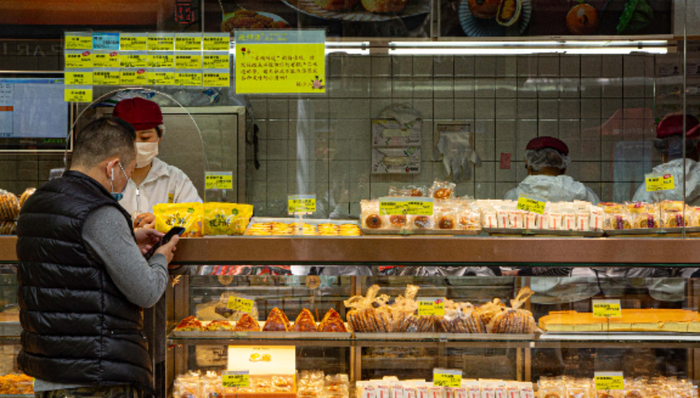Release time:2025-09-04 15:50:05 Publisher:Bao's Pastry
Pork floss buns, butter rice cakes, mochi… These popular Chinese baked goods have now arrived on the streets of Singapore. On May 11th, Bao's Pastry officially opened its first overseas store at Paya Lebar Square in Singapore, as announced on its official social media.
More Chinese food brands have been expanding abroad in recent years, creating a new wave of global growth.

Chinese Brands Going Global
Bao’s Pastry isn’t alone. Just over a month ago, Yan Zhi Wu (a bird's nest specialty brand) opened its first Singapore location. In December 2024, Yuan Ji Dumpling also launched its first overseas shop in the same city.
Why Are Brands Choosing Southeast Asia?
There are several reasons why Chinese brands are focusing on Southeast Asia:
Young Population: Countries like Indonesia, Malaysia, the Philippines, and Vietnam have a large youth population (under 35) with strong spending power.
Lower Costs: Being close to China reduces shipping and logistics expenses.
Cultural similarity: Shared food culture makes it easier for brands to gain acceptance.
Singapore, in particular, is a popular choice. Over 70% of its population is ethnic Chinese, creating a familiar environment for Chinese brands. It also offers a mature consumer market, clear regulations, and a mix of Eastern and Western cultures.
After Singapore, Bao's Pastry plans to expand into the US, Australia, and France.

As China’s global influence grows, more Chinese brands are gaining the confidence to enter international markets.
Challenges of Global Expansion
Going global isn’t easy.
Bao's Pastry had been planning overseas expansion since 2023, but faced several challenges:
Copycat Stores: Fake “Bao's Pastry” shops appeared overseas before the real brand arrived.
Trademark Theft: Others tried to register the Bao's Pastry name abroad first.
This is a common issue—many Chinese companies struggle to protect their brands overseas.
Compliance is another major challenge. Different countries have different food safety rules. Brands must adapt to new quality standards in each market.
Supply chain management is also difficult. Most brands choose between:
Traditional export
Local manufacturing overseas
Building their own factories abroad
Local production can help reduce costs and adapt to local tastes, but building a supply chain takes time and investment.
The Road Ahead
Despite the challenges, Chinese food brands are determined to grow internationally. With careful planning and strong branding, brands like Bao's Pastry are ready to bring Chinese flavors to the world.
Previous article:Nine Years, 3,000 Stores: Bingxi Time Forges a New Development Era with Franchise Partners
回顶部